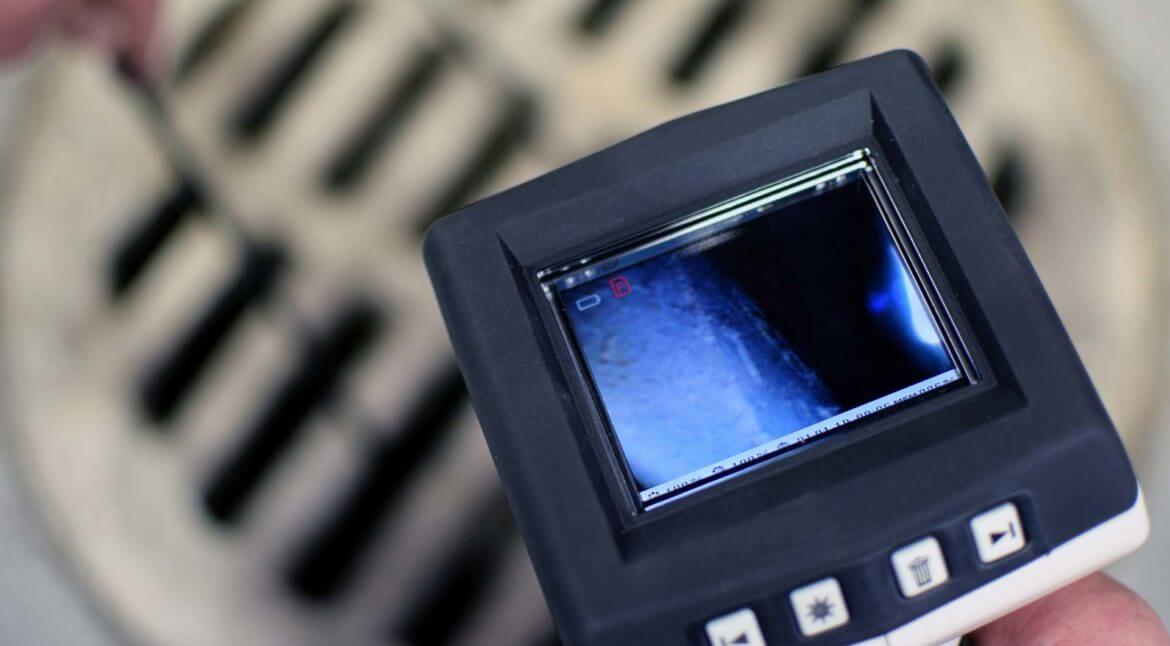Congratulations on your decision to buy a home in the Dallas-Fort Worth area.
Since this is a big investment, do you know what you are really getting into? Have you looked under the hood, kicked the tires so to speak?
It is a terrible feeling to be saddled with a home that has expensive repairs you did not expect. The Dallas-Fort Worth area may be a great place to live, but your new property may be more hassle than it is worth if its value is under water.
Naturally, you will do a home inspection, but have you considered specifically checking the sewer line?
Plumbing is not covered in a typical home inspection, so it is best to evaluate your potential new home’s plumbing system, and identify any potentially costly problems before you complete all the paperwork. This is why you should always get a camera sewer inspection done before you buy a home.
Camera sewer inspections are especially critical for older homes, which were built more than 10 years ago. A camera sewer inspection can spot issues the current homeowner might not even be aware of, such as roots invading the sewer main.
What is a sewer line camera inspection?
A sewer line camera inspection uses specially built, tiny waterproof cameras to give a detailed visual inspection of the plumbing systems of your potentially soon-to-be new home. It can spot potential problems before you are stuck with them and help them get addressed before the title transfers.
To perform a sewer line camera inspection, a licensed plumber will insert a flexible rod equipped with a tiny high-definition video camera into a pipe. The rod travels through the pipeline as the camera transmits video footage of the pipe to a monitor so the plumber can closely inspect it for potential issues. The plumber can inspect an entire pipeline with detailed video footage for reference.
Spotting tree roots
Tree roots can grow substantially in 10 to 20 years. Tree roots are naturally attracted to water as a source of nourishment. These roots can work their way into small openings or compromised areas of the pipe, causing the pipes to rupture. This is a common problem, especially for older homes.
Roots can enter smaller holes and turn them into bigger holes, which can cause leakage and potentially lead to total pipeline failure. Sometimes roots can enter a pipe, collect debris and cause a blockage — which can lead to bigger and expensive problems. If the root problem is severe, you might need to replace the entire sewer line.
Old pipes
If the home you are considering buying is older than 50 years, chances are it does not use PVC pipes. If cast iron was used, the pipes may suffer from corrosion. Water materials can also calcify the interior of pipes, disrupting flow. Rusty pipes can also disintegrate or collapse, leading to total failure of your piping system.
Clay pipes are even more susceptible to old age. As the ground moves, the joints between the clay pipes weaken and allow roots to invade the pipe. This could lead to a blockage or collapse.
Thin walled PVC pipes
Even if your plumbing system has PVC pipe, it might be brittle, especially if it was installed in the 1980s. When PVC piping was new, it tended to be thin walled. Overtime, it was discovered that these pipes failed under pressure, resulting in a total plumbing pipe failure. If the house you are considering buying has thin walled PVC pipes, you may need to replace the entire plumbing system sooner rather than later.
Need a Plumber? Call Plumbers 911!
If you need a plumber in the Dallas-Fort Worth area to do a camera sewer line inspection, call Plumbers 911! We are a referral network for a group of licensed professional plumbing contractors. We can inspect the entire sewer line of any home to spot problems before they become expensive.
Do not purchase a home in the greater Dallas area without calling Plumbers 911 for a camera sewer line inspection. Why let somebody else’s problems become your expensive money pit? Know what you’re getting into before you transfer the funds to make your real estate purchase. Plumbers 911 will refer you to a certified plumbing contractor to assess the quality of your pipelines.


